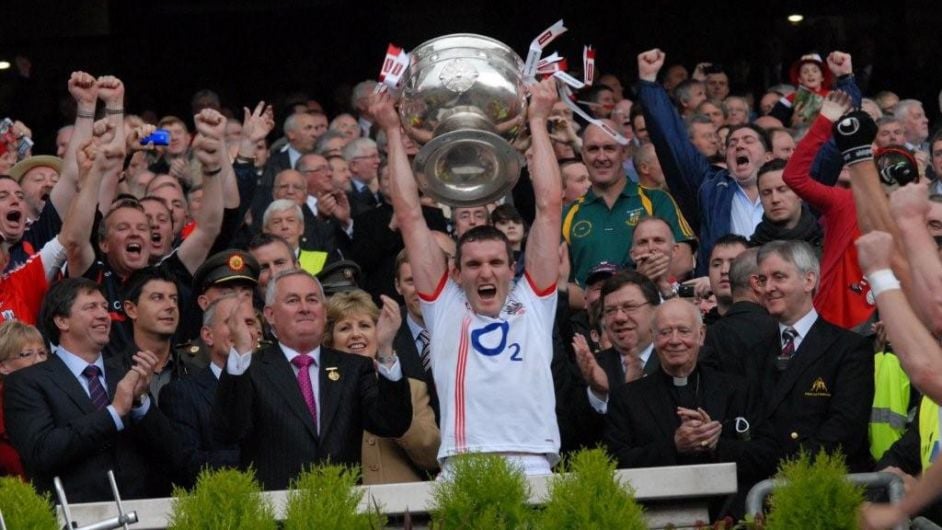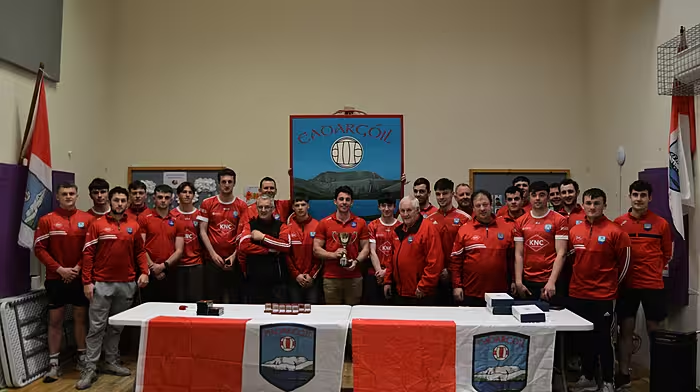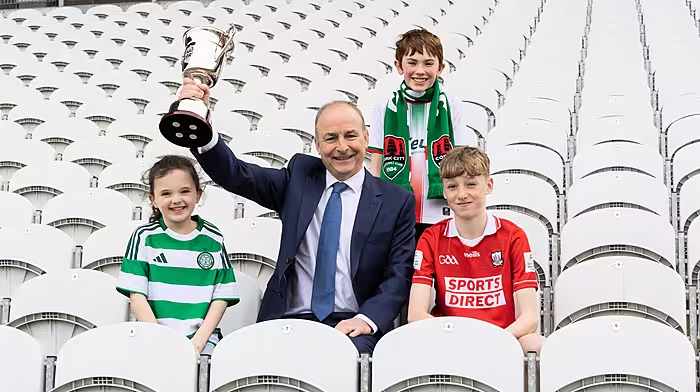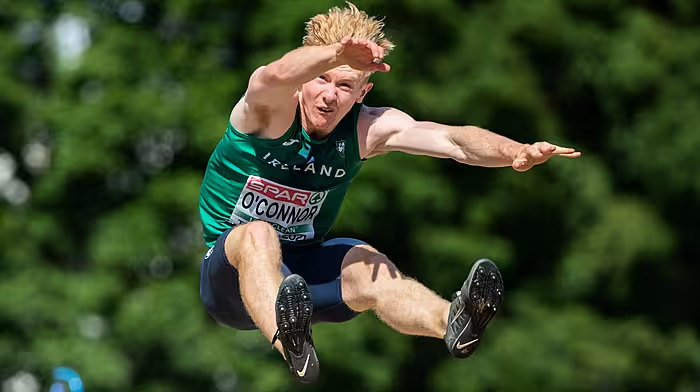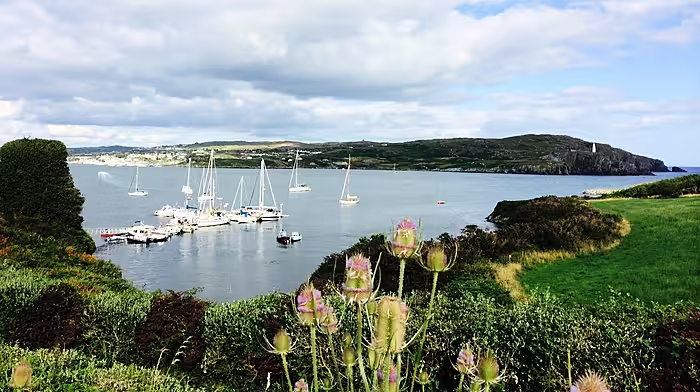THE buzz around Bantry football in the 1990s was one of the main reasons Graham Canty decided to give GAA his full attention.
The nineties was a golden era for the Blues. They won two Cork senior football titles in that decade (1995 and ’98), with a young Canty involved in ’98. Bantry won the Cork intermediate final in ’93. Add in two Cork U21 football triumphs in ’93 and ’94.
It was a good time to be a footballer in Bantry – and an up-and-coming Canty soaked it all in.
‘Even leading up to the ’98 final – and I was 18 (years old) playing that game – they had won the senior county in ’95, the intermediate county in '93, and I was a very impressionable teenager when all that success was going on,’ the Bantry and Cork legend told this week’s Star Sport Podcast.
‘There was the buzz around the town, the anticipation of playing in a county final. It was happening every couple of years and it was that buzz that got me hooked on football. It’s why I decided to take this a bit more seriously because there is a fierce amount of craic to be gotten out of it.’
Canty went on to become one of the finest footballers to emerge from West Cork. He became a legend and an icon, famously leading Cork to All-Ireland SFC final glory in 2010. The seeds for what Canty developed into were set at home in Bantry, surrounded by local legends. Damien O’Neill. Mark O’Connor. Des McAuley. Mick Moran. Timmy O’Mahony. Padraig O’Regan. Heroes all over the field.
‘1998 was great. It was my first proper year with the team and they were a very successful squad that had won a lot previously. A bulk had won a lot at underage, between minor and U21,’ Canty explained.
‘When you looked around there were 20 lads who were forces of nature. They were different gravy to train with. They had a huge drive, for the jersey, for the town and for winning. They were hellbent on winning. They would do anything to win. What they did was train like animals so come match-day they were prepared and battle-hardened from training sessions by Terry O’Neill, Doc Cotter, Florrie O’Mahony and all the gang put us through.’
Influential figures off the pitch also had a notable impact on Canty. 1998 manager Terry O’Neill. Selector Dr Denis Cotter. Seanie McGrath who looked after strength and conditioning. The lessons Canty learned in those early years stuck with him.
‘Very quickly I was made aware that if you prepare well then you have a chance of performing on the day. It didn’t happen by accident that the team performed day-in, day-out, and got results, but that’s because of, to a man, the preparation they put in,’ he says.
‘Mark O’Connor was always there, always in your ear, giving you advice, before, during and after the game. Des McAuley in goal was always talking, making sure you knew where you were on the pitch, making sure you were settled, so if you had a shaky start he’d settle you down. Then you had Damien O’Neill and Mick Moran. Mick would say very little but it was his presence alone, his leadership, how in every single training session he put in a massive graft and ran himself into the ground. That’s what lads responded to. It wasn't the ten points that Philip Clifford was scoring up the other end of the pitch, which was brilliant, it was the likes of Mick who showed you can lead in other ways.’
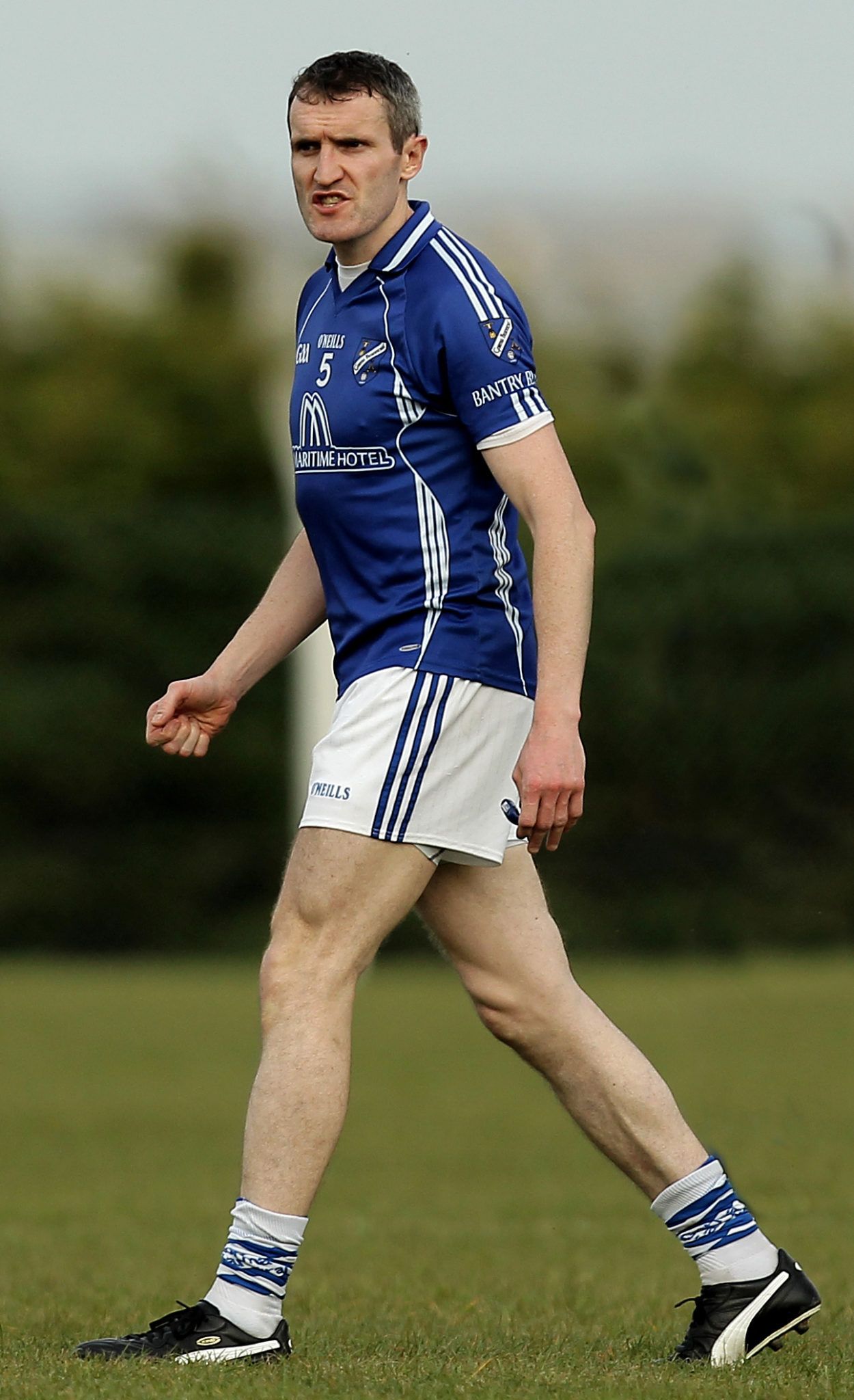 Bantry Blues legend Graham Canty.
Bantry Blues legend Graham Canty.
Canty lined out in the Bantry half-back line in ’98, as the Blues conquered the county, beating Duhallow in the final. Eighteen years old at the time, he grew into a legend for club and county, leading the Rebels to just their seventh All-Ireland SFC crown in 2010. That triumph led to one of the most memorable night’s in Canty’s career – Tuesday, September 21st, 2010, when he brought Sam Maguire and his Cork team-mates home to Bantry for a homecoming. The local hero was given a fitting welcome. He has always been conscious of the standing he has with fans.
‘You would be aware that when you put on a Bantry jersey or a Cork jersey you have to act in a particular way and you carry yourself in a particular way,’ he said.
‘When you have a Bantry jersey on, you are representing the town and there is an onus to carry yourself a particular way, to do your family and where you are from justice because of the effort they put in to you. It wasn't by accident that I played for Cork, a lot of people in Bantry, my family primarily, put a lot of time into me to give me those opportunities. Those aren't afforded to everyone so I was always conscious of that.’

